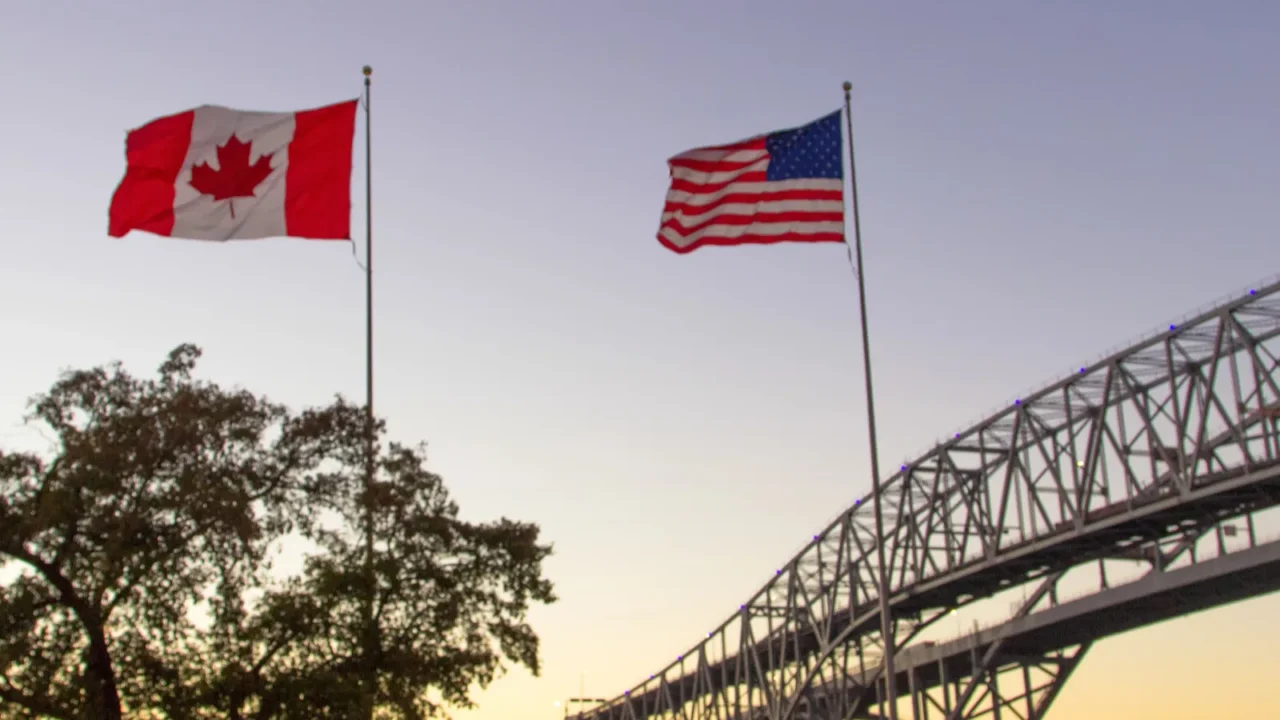
Why Canadians feel uneasy at the border
Crossing into the U.S. used to be a quick formality for many Canadians. Now, it often feels stressful before the trip even begins. The experience has shifted from routine to something travelers actively plan around.
With tighter checks and longer questions, travelers are reporting more hassle at entry points. The worry is less about the crossing itself and more about being fully prepared for what comes next. Even simple family visits now feel like carefully managed events.
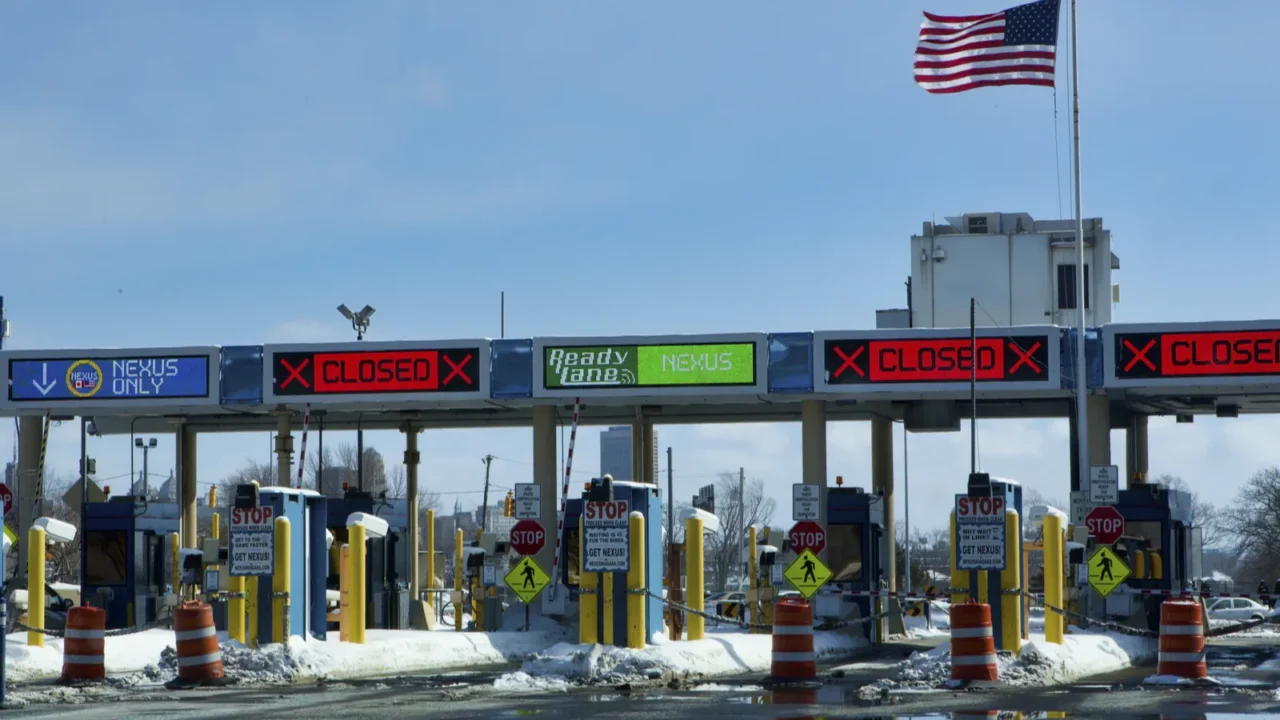
More questions, longer waits
Canadian travelers are being asked more detailed questions about their plans. It’s no longer just “where are you going” but “why, how long, and with whom.” Officers dig deeper than before to confirm every detail.
These questions aren’t unusual, but the tone and detail can feel intimidating, especially for those making simple family visits. A short weekend away can suddenly come with an hour of tough conversation.
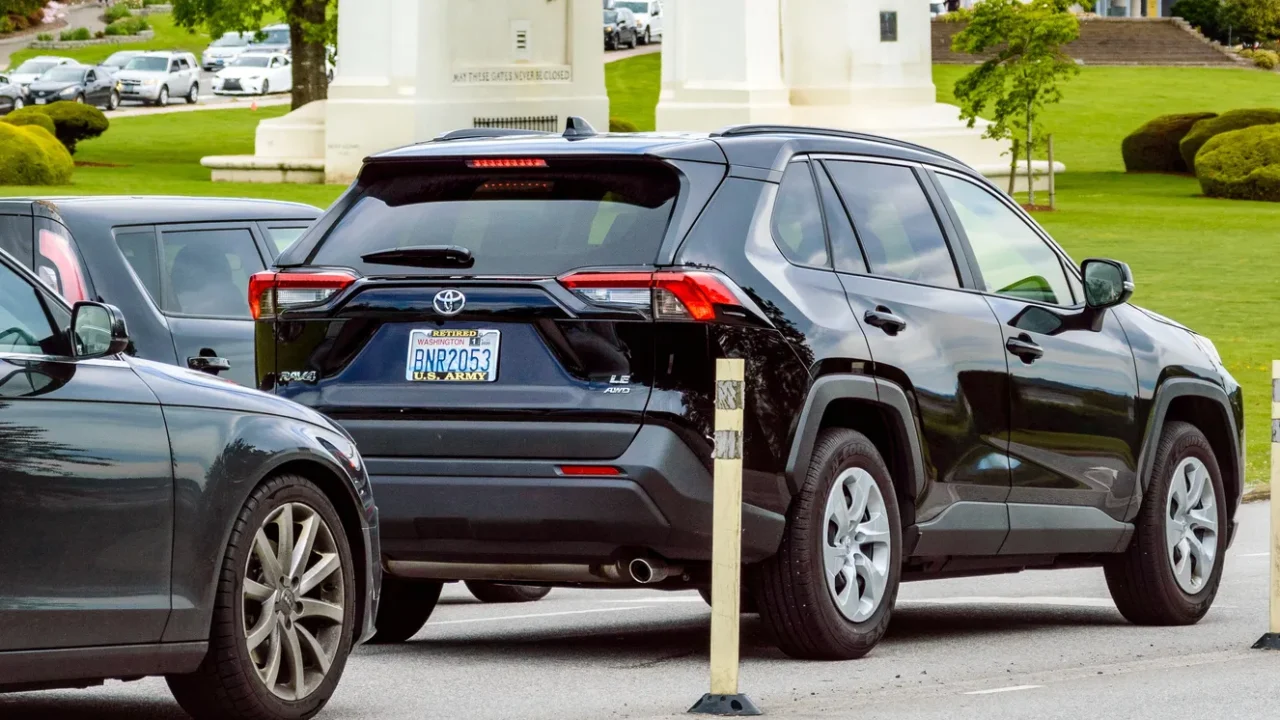
The rise of device inspections
Phones and laptops aren’t just for travel selfies anymore; they’re being inspected. Border agents can ask to see messages, emails, and files. This level of access feels invasive for many.
Refusing could mean delays, confiscation, or even being turned away. For many Canadians, this is one of the most uncomfortable parts of crossing. Privacy feels uncertain when devices are unlocked.
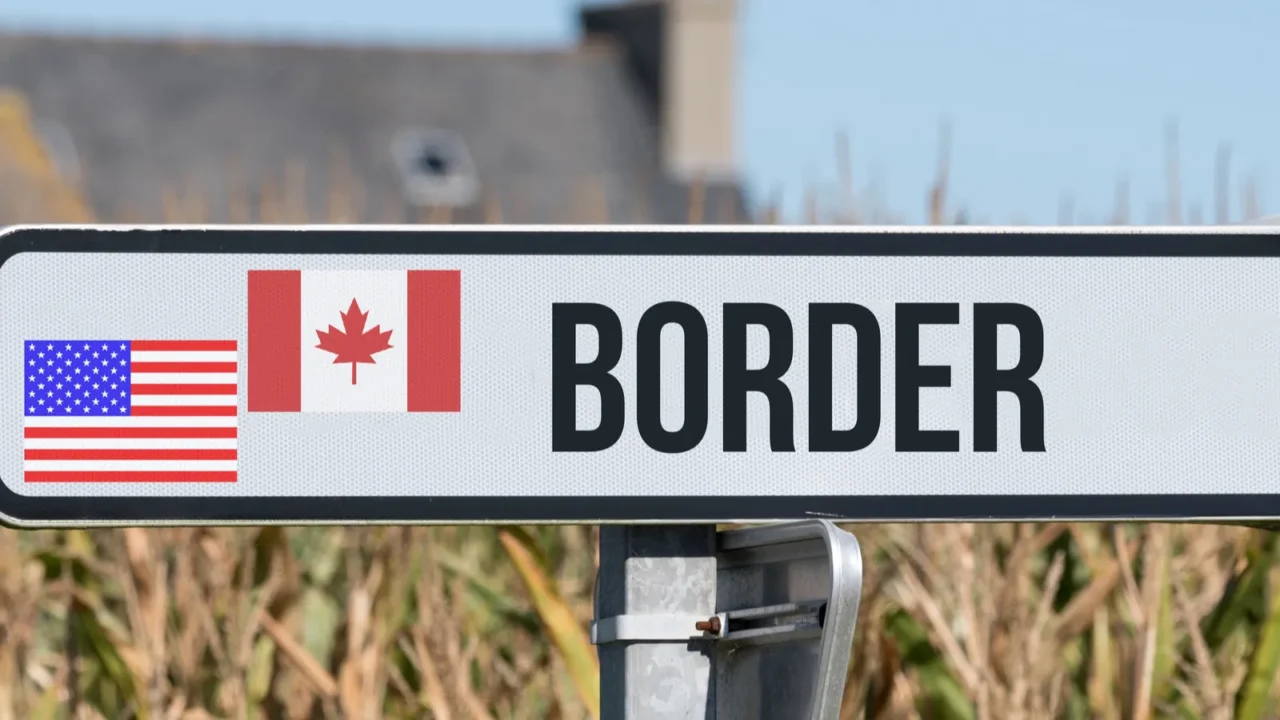
Why preparation matters so much
The key to a smoother crossing is proof. Border officers want to see that you’re visiting temporarily and plan to go home. Evidence reduces suspicion before it grows.
Hotel bookings, return tickets, or even proof of employment can reassure officials that your stay is short and straightforward. Having documents ready in hand avoids fumbling under pressure.
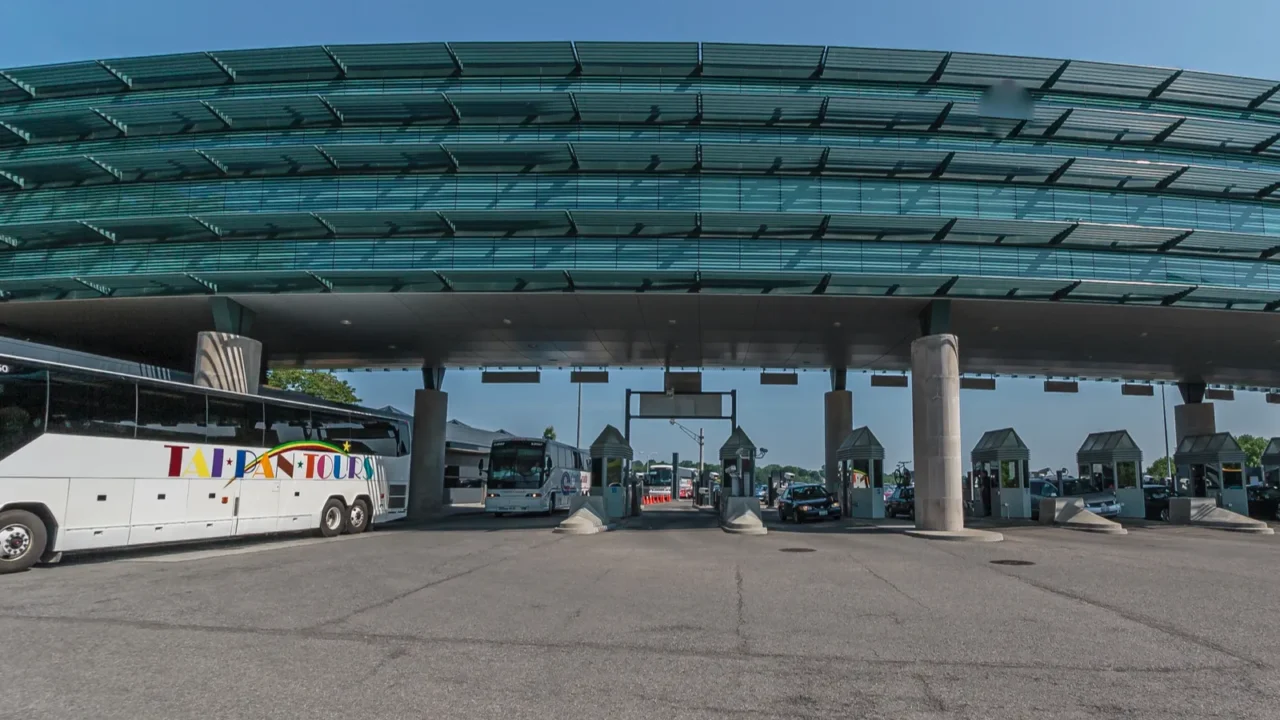
The groups facing extra pressure
Some Canadians report feeling targeted more than others. Travelers with Middle Eastern backgrounds or outspoken political views often face heavier questioning. The process feels less neutral and more personal.
These experiences add stress, making it feel less like a family trip and more like an investigation. For some, it’s enough to avoid the trip altogether.
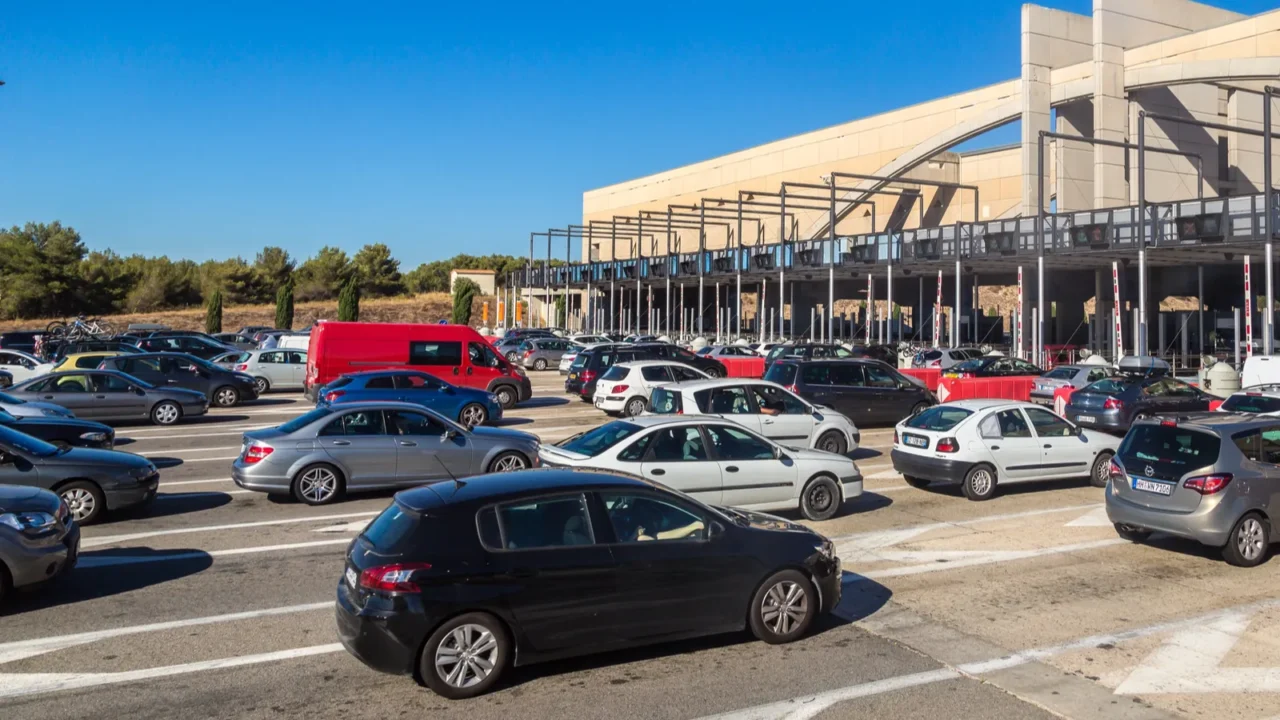
Crossing at the wrong time
Timing can make or break the trip. Weekends and holidays see long traffic lines and extra busy officers. Delays can stretch for hours if you arrive at peak moments.
Choosing early weekday mornings can often mean shorter waits and less frustration for both drivers and passengers. A bit of planning on the clock makes the journey smoother.
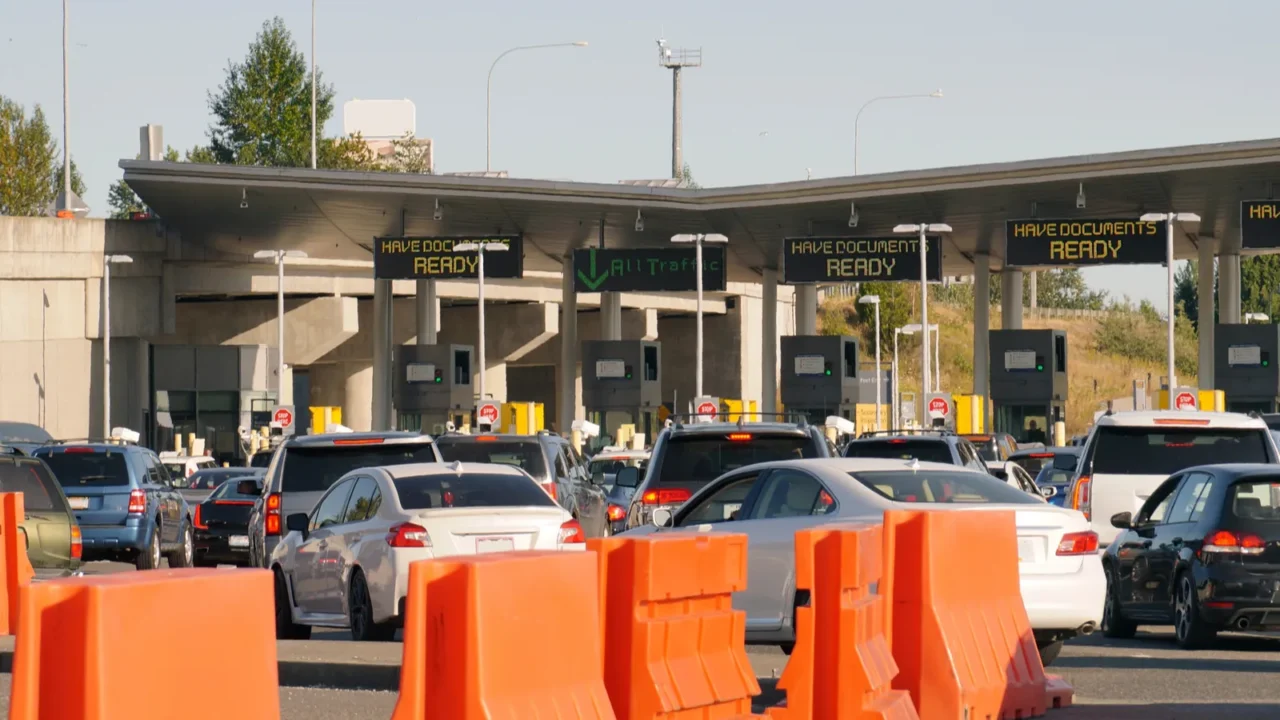
The most common mistakes
Carrying things like fresh fruit, plants, or even snacks can cause delays. Firearms or cannabis, even if legal at home, are big red flags. These items often surprise first-time crossers.
Travelers often don’t realize that small mistakes like these can derail their entire trip. What feels harmless in Canada can cause real problems at the U.S. border.

Choosing your crossing wisely
Not all borders are equal. Big, popular ones like Niagara Falls or Detroit-Windsor get crowded quickly. Heavy truck traffic often adds to the wait.
Smaller, less popular entry points can make the difference between a two-hour wait and a smooth 20-minute process. Locals often swear by these hidden gems.

The importance of demeanor
It sounds simple, but staying calm and polite makes a difference. Border officers are trained to notice nervousness or frustration. A smile can sometimes go further than a stack of papers.
A friendly tone and short, honest answers often speed things up more than travelers expect. Respect usually earns respect back at the window.
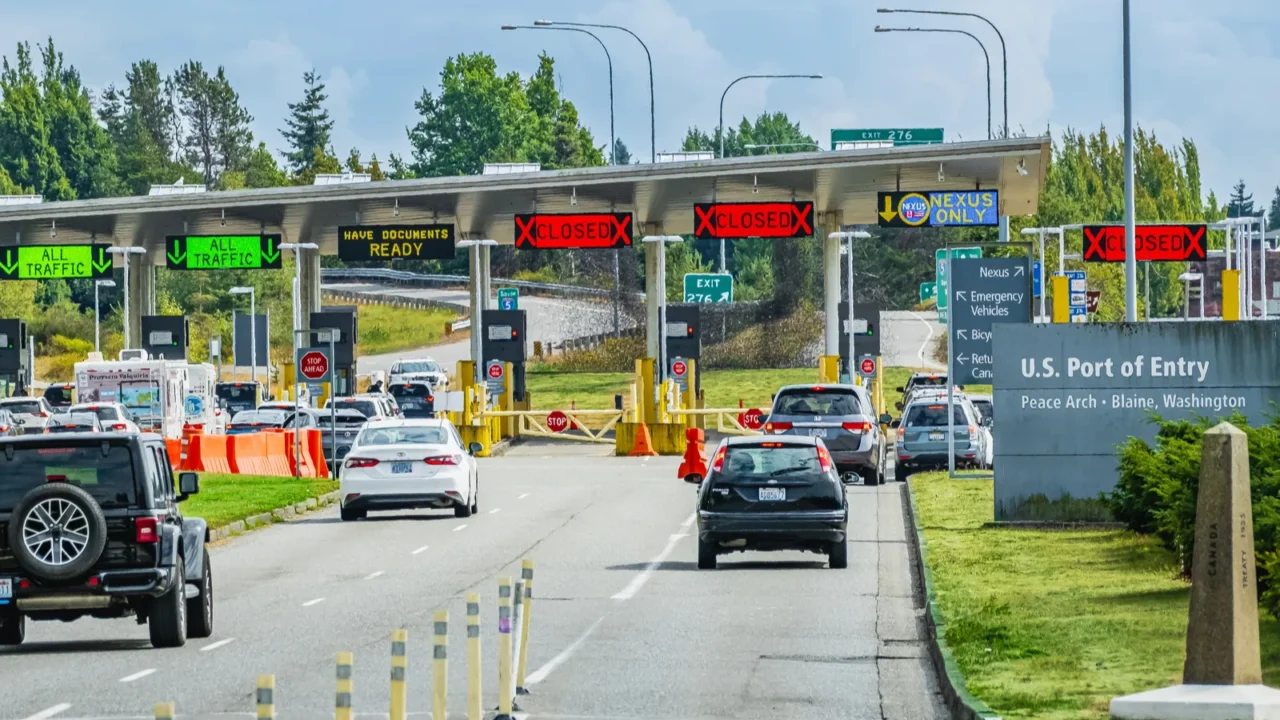
What long stays mean now
Spending more than a month in the U.S.? Canadians must now register with the U.S. immigration system. This catches many travelers by surprise.
It’s another layer of paperwork that makes extended visits harder to manage for families who like to stay longer. Advance planning avoids last-minute panic.
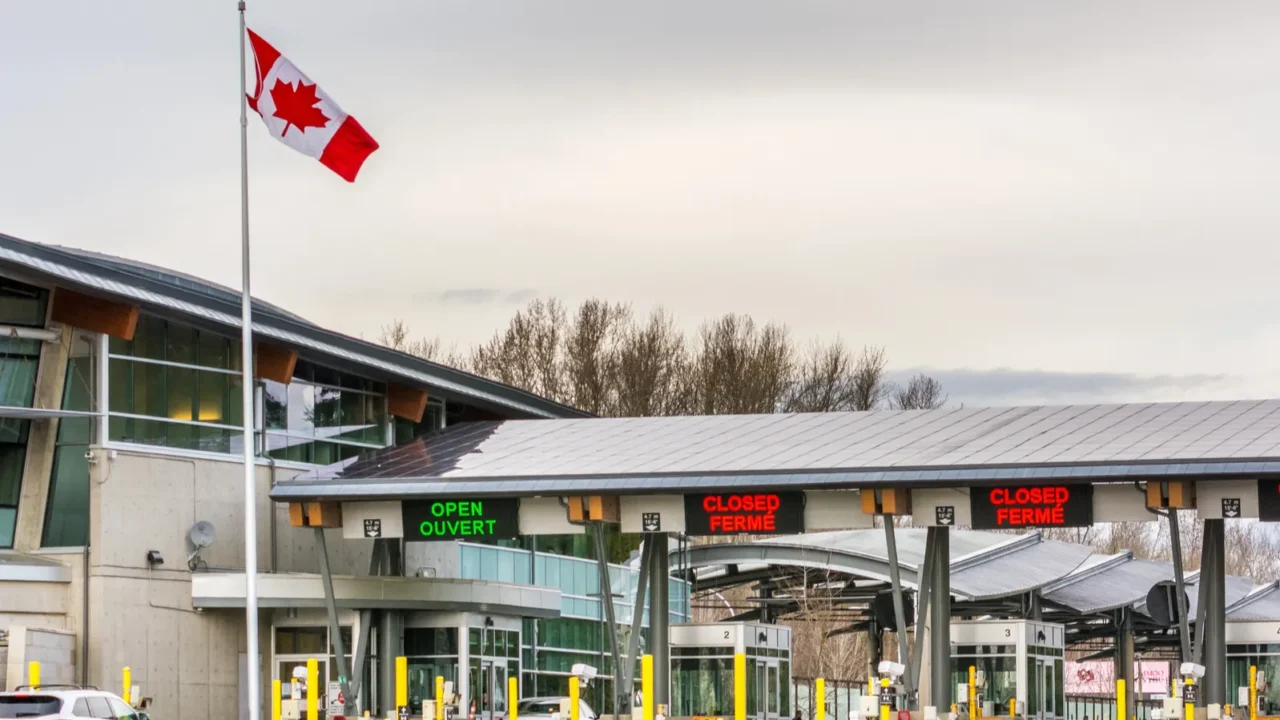
The stress on family visits
Many Canadians cross to see children, parents, or close relatives. What should feel like a warm reunion often begins with hours of stress at the border. The excitement can fade before the visit even begins.
Extra checks and long questioning sometimes discourage people from making the trip as often. For families spread across borders, this distance feels even harder.
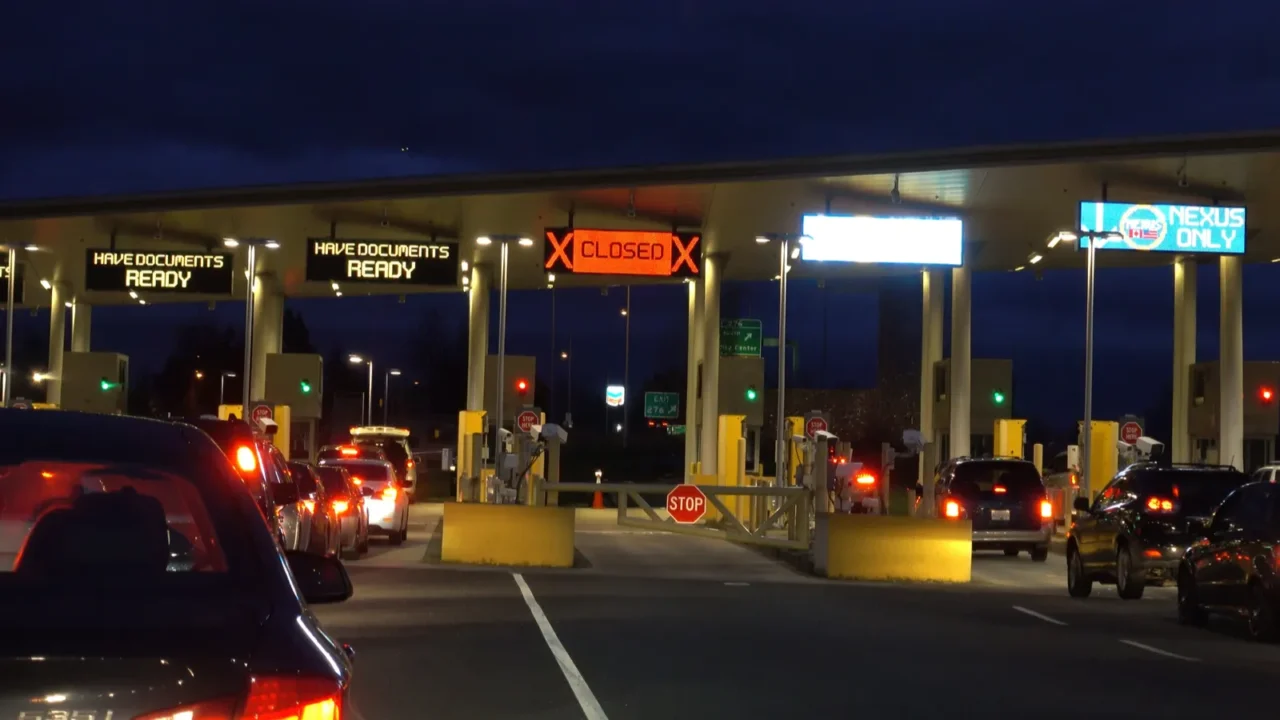
The role of NEXUS and fast lanes
Programs like NEXUS can cut down wait times for frequent travelers. Dedicated lanes move faster and usually face less congestion. It’s a perk that saves hours each year.
But even with NEXUS, travelers must still be prepared for tough questions or electronic checks. The card doesn’t erase the rules, only the wait.
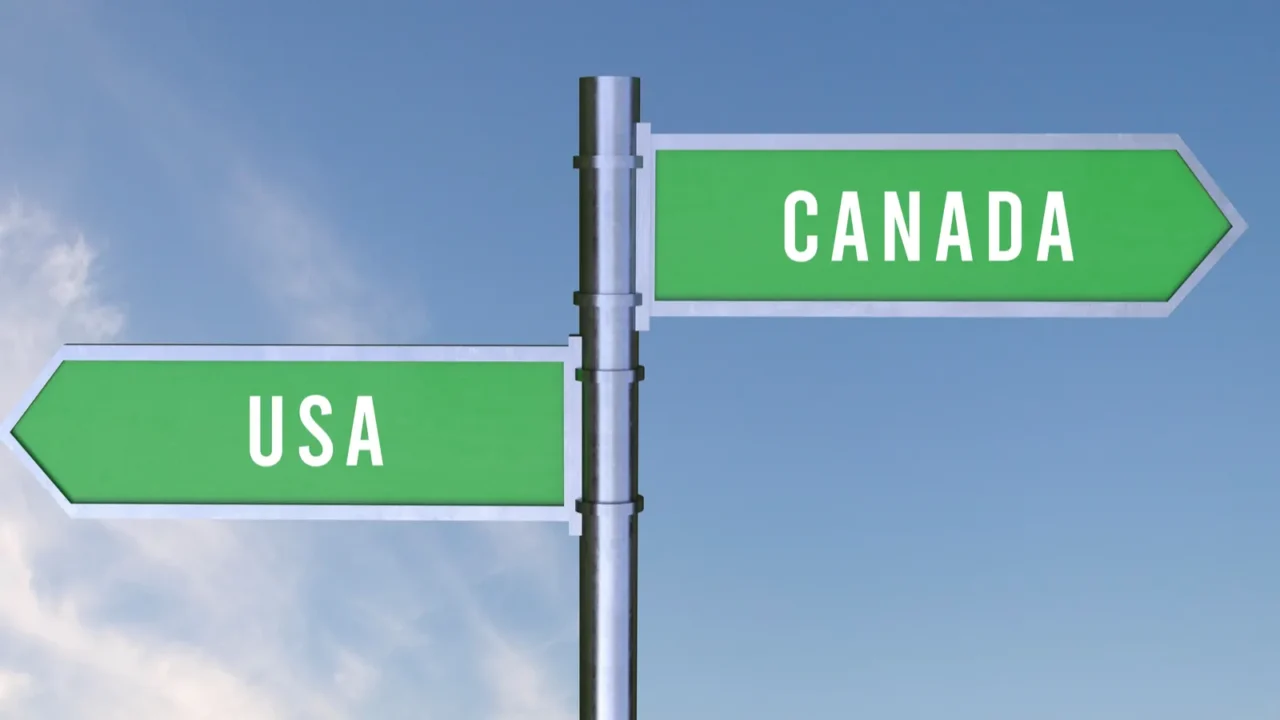
Real-time wait time tools
Websites and apps now share live updates on how busy each crossing is. A quick check before hitting the road can save hours. Technology has become a quiet border companion.
Travelers who plan around these updates often find less crowded crossings and happier trips. A little research makes a long drive more predictable.
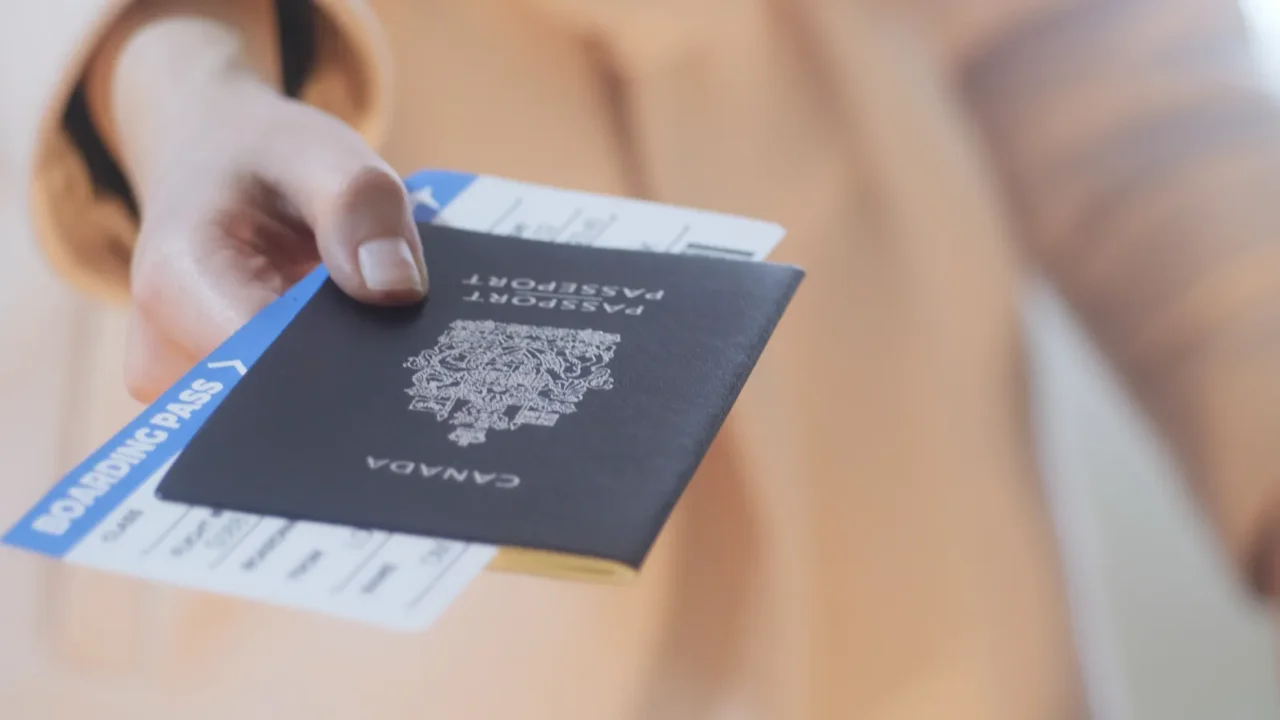
Why honesty is non-negotiable
Some travelers think it’s safer to “bend the truth” about their plans. But if officers sense dishonesty, denial of entry is almost certain. The risk outweighs the benefit every time.
Clear, direct answers, no matter how simple, usually keep things moving in the right direction. Honesty builds trust, even if it means longer questioning.

Preparing devices before travel
Canadians often back up their devices and set them to airplane mode before crossing. This keeps personal data safer if officers request a search. It’s a precaution that’s becoming routine.
Even with preparation, travelers should be ready to unlock devices if asked. Refusal can quickly turn a trip into a cancellation. You may also want to check out IATA’s 2024 air travel report, which reveals unexpected insights, what stood out to you the most?
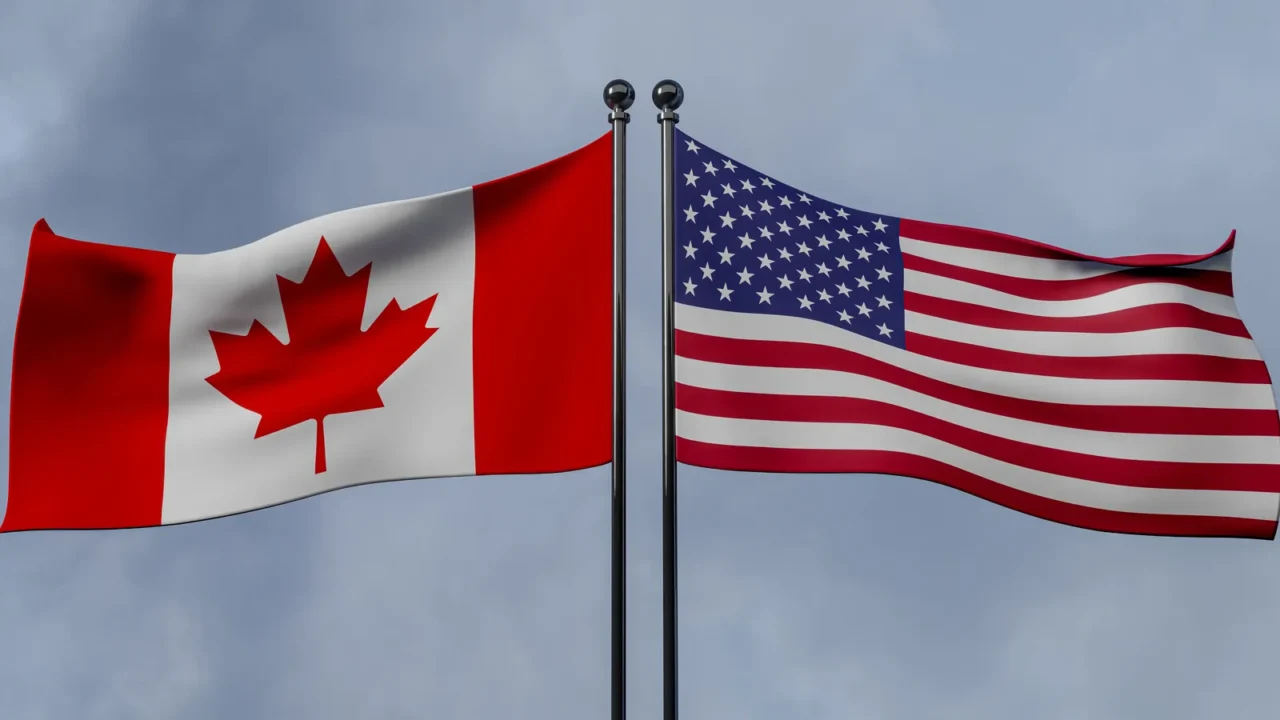
What to expect in the years ahead
Political tensions and new rules suggest the border won’t get easier soon. Security remains the top priority for U.S. officials. Travelers should prepare for ongoing scrutiny.
For Canadians, this means preparation and patience are more important than ever. Adaptation is now part of the cross-border journey. Canadian travel to the U.S. is dropping, and these states are starting to feel it most. Have you noticed the shift, too?
Would you still make the trip if it meant extra questioning at the border? For many, the answer is yes, but always with caution.
Read More From This Brand:
- Why American tourists are falling out of love with Las Vegas
- Citizens of more than 70 countries can now visit China without a visa
- The Japanese ryokans and art museums that will make you want to return again and again
Don’t forget to follow us for more exclusive content right here on MSN.
This slideshow was made with AI assistance and human editing.